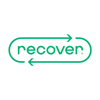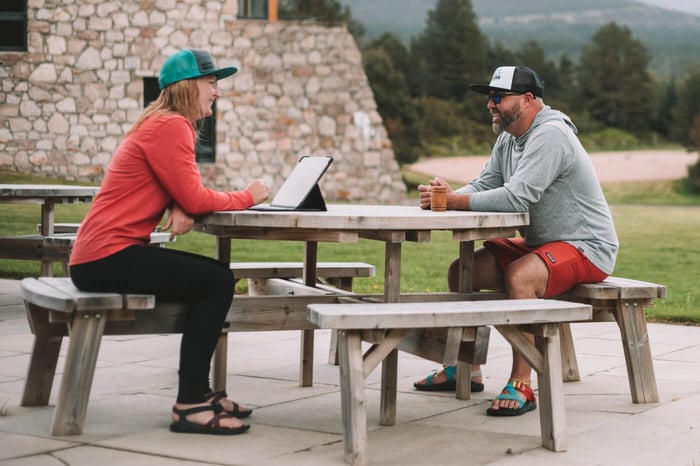In response to the recent Supreme Court rulings in the U.S., Recover is releasing a three-part Sustainability Tips series throughout July on How to tell your government officials you want them to take action." This week, we are bringing you Sustainability Tips on how to take action for women’s rights.
On June 24, 2022, the U.S. Supreme Court overturned Roe v. Wade, eliminating the constitutional right to an abortion after it had been established by the Supreme Court with majority support of the U.S. public, congress, and president and protected for nearly 50 years.
All human beings deserve to have equal rights and opportunities for health, education, career, and mental, physical, and financial well-being. A broad depth of research shows that women who are denied the right to choose whether or not they have children are at greater risk of falling deeper into poverty, as are their kids if they are already mothers. This research also shows that denying women the right to abortions hinders their education, employment, and earnings prospects and ripples negative economic and health impacts throughout societies that set up such restrictions. While throughout the world, the wealthiest countries have abortions embedded within their hospital and healthcare systems, experts resound that the largest burden of the June 24 U.S. Supreme Court ruling will and is already falling on low-income women whose poor access to healthcare makes unintended pregnancies more likely.
Social and environmental justice are foundational pieces of a sustainable tomorrow. The June 24 Supreme Court ruling poses further threats and disproportionate negative effects to environmental justice communities. Currently, low-income, Black, Indigenous, or people of color in the United States are more likely to be subjected to pollution and climate hazards, which makes pregnancies and fetal development riskier. For example, pregnant people who live in communities close to coal or gas power plants, oil and gas wells, or chemical factories are more likely to have high-risk pregnancies and give birth prematurely to babies who may face lifelong health and developmental challenges and require extra support.
We all want our children to grow up in strong, sustainable communities and when women aren't able to choose when they have a child, children are less likely to grow up in that environment. We encourage everyone to Be The Impact for a more just, sustainable tomorrow by taking action for women’s rights.

Here are 3 Sustainability Tips for Women’s Rights, and a More Just, Sustainable Tomorrow:
1. Do your research, know the facts, and take action for what you believe
This tip says it for itself, but we’ll say it again: Do your research, know the facts, and take action for what you believe. Consider questions of women’s rights, social and environmental justice, and the benefits of equal rights for every individual, community, and society. Cross-checking articles from multiple news sources and credible nonprofits with scholarly articles (which can be found using a Google Scholar search) can be helpful in finding facts. Searching for “How to take action for women’s rights” “social rights” and “environmental justice” in the context of the June 24 Supreme Court ruling and in general can yield helpful information to inform how to take action and be part of positive change and support for sustainable communities.
2. VOTE
We said it in our last Sustainability Tips on "How to Take Action for Clean Air and Climate Change Mitigation" and it stands true here again: VOTE. Whether or not you take part in local, state, and national elections, is proving to have significant impact on the trickle up and down of United States law and life. Tuesday, November 8, 2022 is the midterm elections in the U.S. for House, Senate, and gubernatorial races. Primaries and other local elections take place throughout the year. Check out Vote 411, an organization that helps you register to vote, verify your voter registration, and find what’s on your ballot. This makes it easier to consider ahead of time who’s on the ballot, what their agenda is, what’s on the ballot, and what the related implications are. If the information on women’s rights and equality related-legislation is not readily apparent in the information provided by Vote 411, it still provides a great starting place for researching who and what is on the ballot related to taking action for women’s rights and equality. Register to vote now, and plan for an absentee ballot if it is best or easiest to ensure your vote and voice are counted.
3. Act local, think national and global
Researching, connecting with, and supporting local organizations that are taking action is key. Volunteering with and donating to those organizations working for women’s rights and providing care and opportunities that support equality is a way to create impact. So is writing local, state, and national government representatives. If you live in a state that maintained women’s rights after the June 24 Supreme Court ruling, there is still immense opportunity to consider and take action for support for those women and families in states that were and are heavily impacted. Check out what’s going on locally, get involved, and think nationally and globally.






